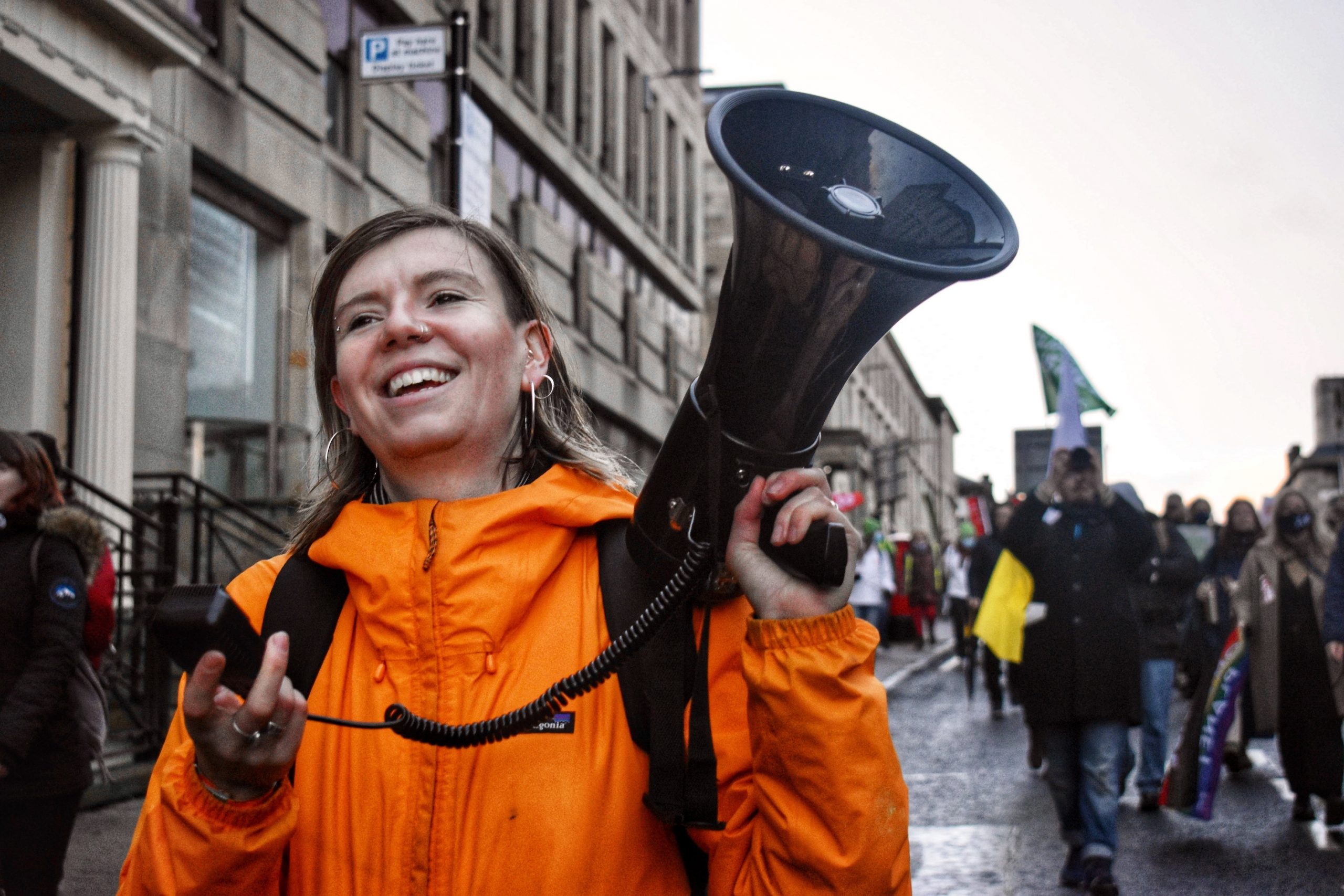
What has nature ever done for us? Part 1 of 3
Tony Juniper is the former Executive Director of Friends of the Earth England, Wales and Northern Ireland, and has just published What has nature ever done for us?
Q. Can you give us a quick overview of the book?
 What I have tried to do was to review the evidence and the recent research on the economic value of nature and the reason I did that is because having campaigned for nature and natural systems for many years I was struck by the continuing prevalence of the argument that says we cannot afford to protect nature, wildlife, the environment because of the economic costs involved or indeed worse still there is somehow conflict between protecting nature and economic development, we get this from our current Chancellor quite regularly plus a group of commentators including Nigel Lawson and others on that side of politics who argue that nature has no value and that we should only reflect the different elements of nature through markets, what that does is basically puts a value on resources like minerals and timber but doesn’t put a value on services like pollination, carbon storage, flood protection, water purification and all the rest.
What I have tried to do was to review the evidence and the recent research on the economic value of nature and the reason I did that is because having campaigned for nature and natural systems for many years I was struck by the continuing prevalence of the argument that says we cannot afford to protect nature, wildlife, the environment because of the economic costs involved or indeed worse still there is somehow conflict between protecting nature and economic development, we get this from our current Chancellor quite regularly plus a group of commentators including Nigel Lawson and others on that side of politics who argue that nature has no value and that we should only reflect the different elements of nature through markets, what that does is basically puts a value on resources like minerals and timber but doesn’t put a value on services like pollination, carbon storage, flood protection, water purification and all the rest.
There is a massive gap in how economics looks at nature and that’s really the reason for the book and what’s in it is a series of stories that hopefully carry the research findings on the immense value of nature to a much bigger audience than is evidently happening through publication in scientific journals, so it’s an attempt to reach out and to flip the narrative around economics and ecology so that we can have more rational debate around thce choices that we are making.
Q Traditionally environmentalists have said that nature should be valued for itself and the book is largely about putting a price on nature so why was this the time to do this and why was this the right approach?
I agree with environmentalists who say nature is valuable for its own reasons and should be protected for its own sake. What I’m saying is that this is not an alternative
argument as to why we should invest more in protecting natural systems it is an additional argument and I think that to that extent it is a question of playing these two things alongside each other and indeed to be thinking about spiritual values, aesthetic value and scientific values. Maybe there are five broad headings including the economic value of nature which should be convincing us to do much more to hang onto biodiversity and eco-systems.
When entering that discussion around economics I think it is really important to make a distinction between valuation and pricing because once you have established the value of a wetland or a woodland or a coastland system or a particular aspect of biodiversity you don’t necessarily have to create some price mechanism for it, you can legislate and say that it is so valuable that we are going to ban particular activities and so, for example, the value of bees in Britain right now is immense in terms of the pollination services that they discharge and we are beginning to understand the impact of certain pesticides. One response would be to ban these pesticides and that’s a rational decision based upon the economic value of nature that doesn’t require a price being put on that particular pollination service.
There are occasions actually when prices might be sensible. One of the examples in the book I talk about is the services being provided by wetlands and pastures and forests near New York city in purifying the water supply and in that case payments for eco-system services are being allocated to landowners in order to keep the service intact and actually that’s rational from several perspectives not least that it is cheaper to do that than invest in engineering and concrete and the kinds of technological solutions that we normally associate with the more secure water supply. So even when you get into pricing it can be very positive not only from the point of view of protecting nature but also from the point of view of managing the costs that people need to pay in that case the water supply. Having said that, yes, there are dangers in going down the pricing route with the inadvertant privatisation of different aspects but I think the dangers are bigger in not going down this route and to continue to leave nature as an invisible item in terms of how countries and companies report their performance. On balance this is a beneficial way to go but we do need to manage the potential downsides and that is something for governments to regulate and for society to be taking a close interest in.
